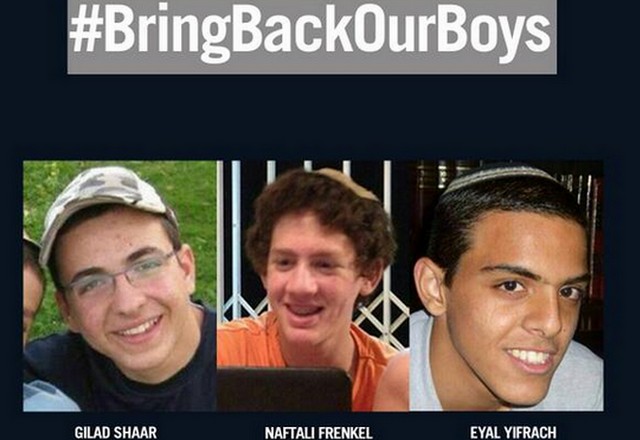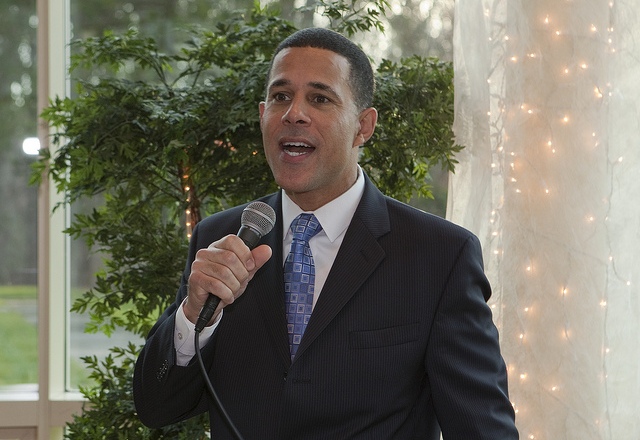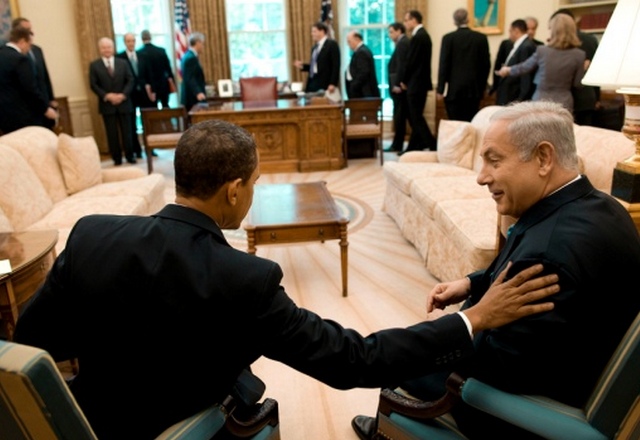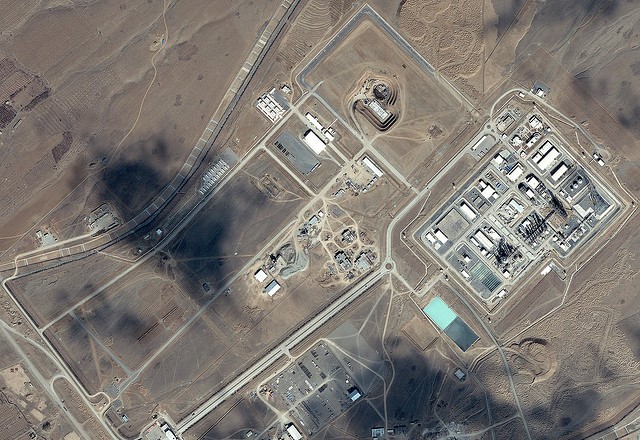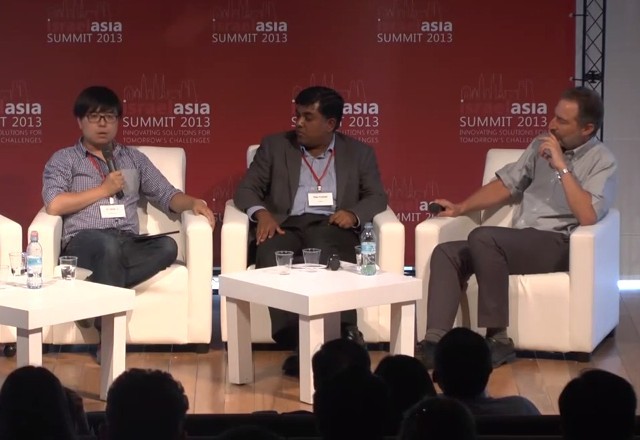Is Maryland ready for change?
on June 29, 2014
12 Comments
The primaries are over and Maryland's nominees for governor are Lietenant Governor Anthony Brown for the Democrats and Larry Hogan for the Republicans.
Despite having failed at his most prominent job as Lieutenant Governor the state's Democrats want to give him a promotion.
I previously critiqued the Washington Post's endorsement of Brown. The Baltimore Sun too endorsed Brown.
As for Mr. Brown, we'll address his flaws first. We have been consistently critical of his lack of transparency in discussing his role in Maryland's disastrous health insurance exchange launch. His explanations have been guarded and convoluted; a simple apology and a pledge to learn from the experience would have been much better. Mr. Brown was, officially, Maryland's point-person for health care reform. Had the website been a success, he would have taken credit; thus, he must accept a share of blame for its failure. That said, the buck stops with Gov. Martin O'Malley, not Mr. Brown, whose actual role appears to have been more symbolic than managerial.That's an endorsement? He wasn't incompetent he really wasn't supposed do anything? Worse the Sun called Gansler, "able public servant during his long career." The Sun's criticisms of Gansler stemmed from his campaign not for his governance. To endorse the guy whose managerial role they described as "symbolic" over someone with a track record is ridiculous. I bring up the endorsements again even though the race is over, because it shows the lengths that Brown's supporters have to go to get past his failure. Either they ignore it or they say he was a no show. Neither one is a ringing endorsement for the guy's leadership. But the failure isn't just Brown's, or the O'Malley/Brown administration. It's the failure of Maryland's Democratic party - as nearly the entire leadership of the party in Maryland endorsed Brown. And the leading newspapers in Maryland endorsed him too. So the Democrats want power without responsibility. And the media that should be serving as a check on government's power have failed miserably in their civic responsibility. Look at Brown's last ad before the primary, called "Step up." Brown comes across as confident, but even as he asks viewers for their help to "build a better Maryland," he offers no qualifications for the job, only that he is driven by the value his father instilled in him that "service to others comes first." He sounds like it is his convictions not his record that should be the criterion for choosing him. He wants us to forget his record.





